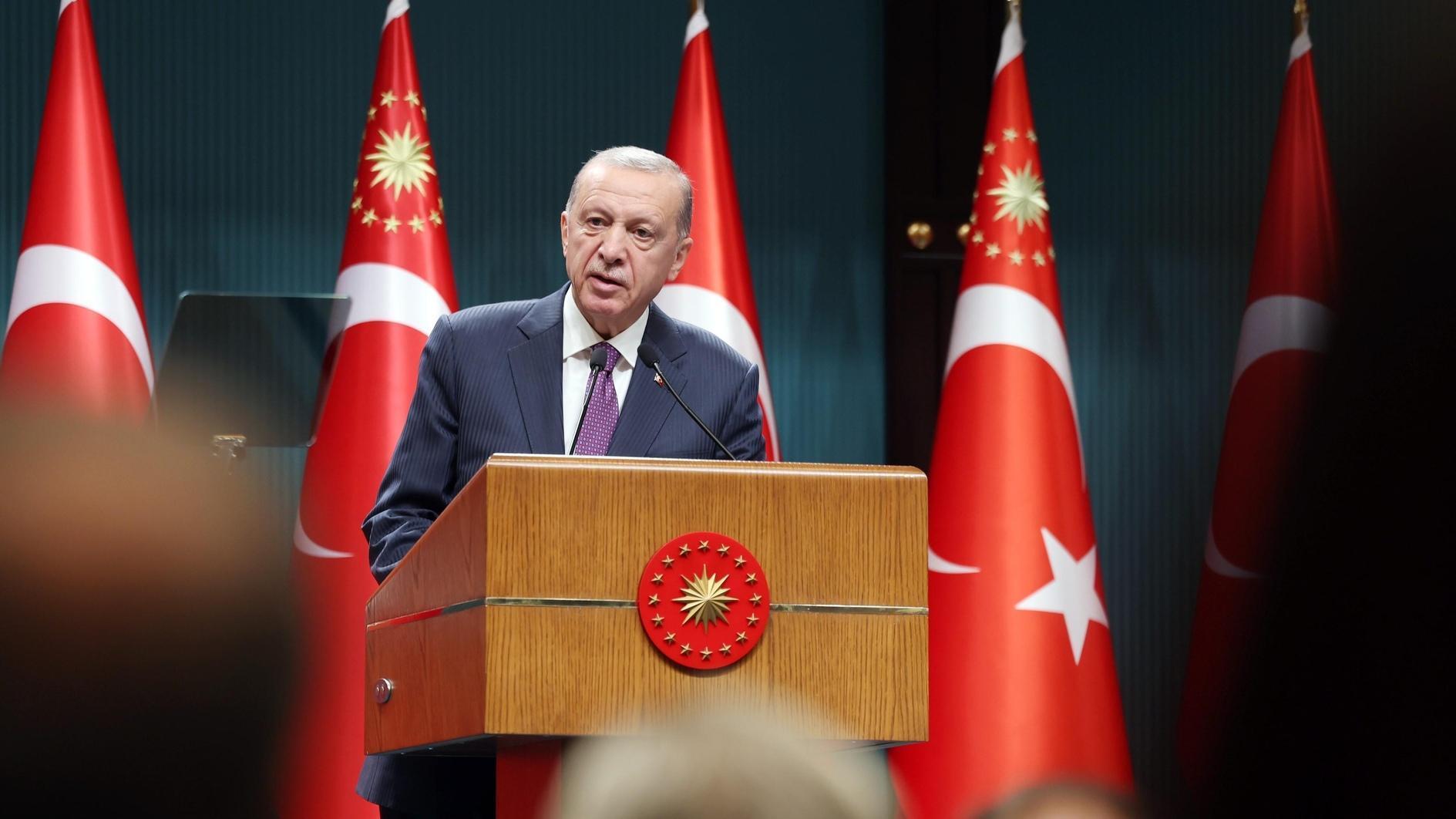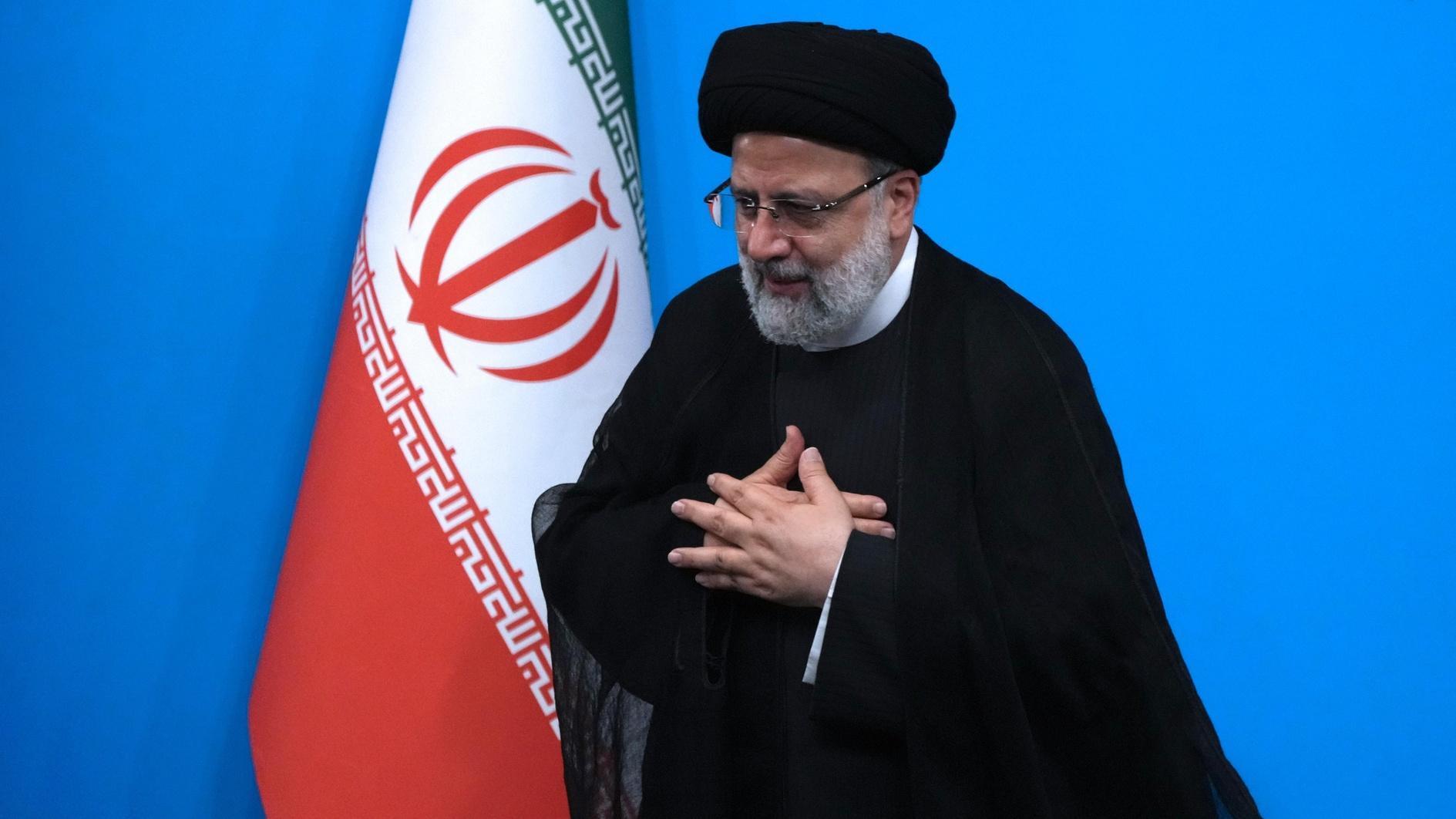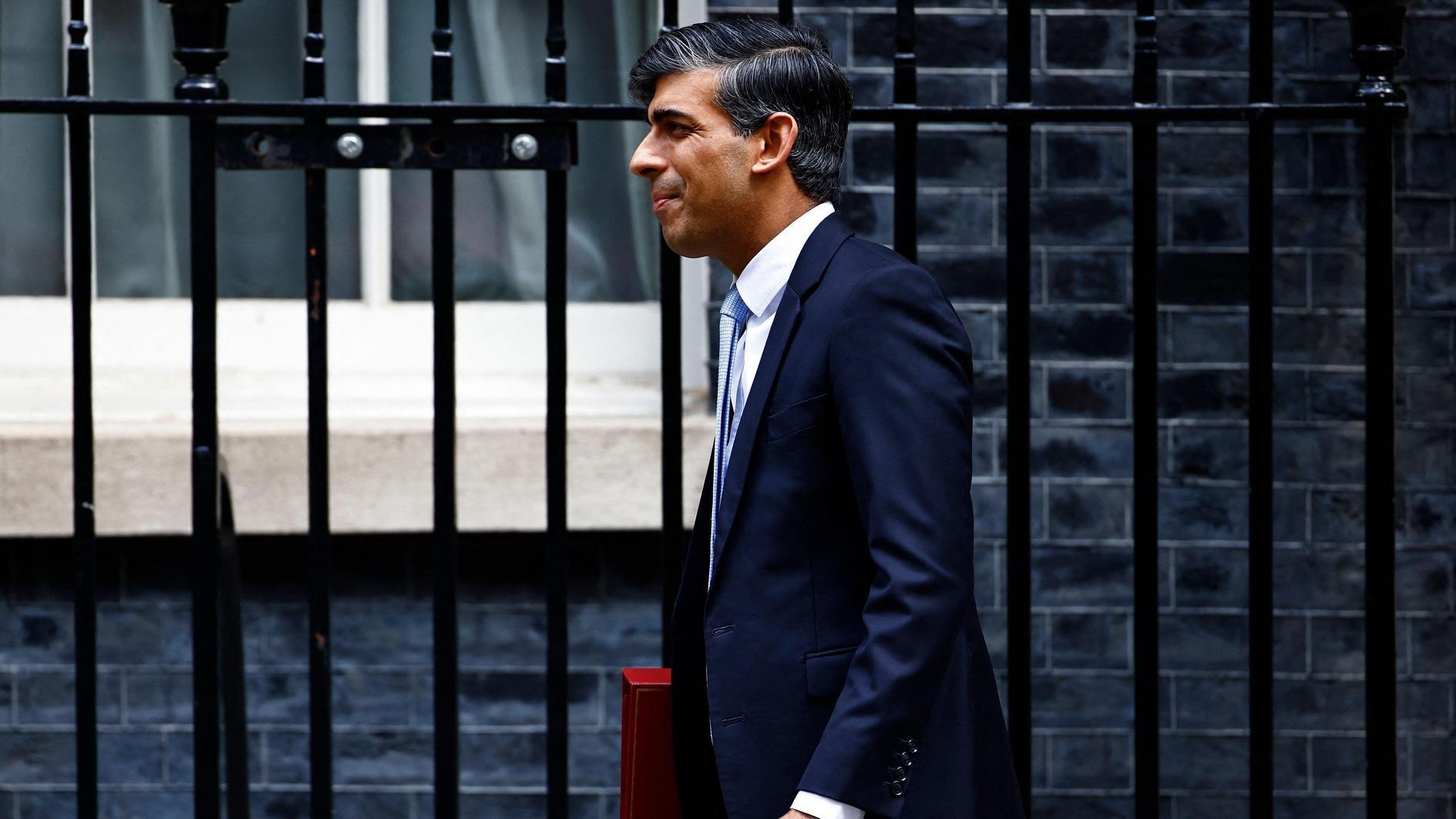Syria continues to defy Ankara’s expectations
Daily Hürriyet reported earlier this week that Turkey had put forward a plan for a transition government in Syria made up of technocrats, which does not include Bashar al-Assad in anyway, but which gives him and his family a guarantee of safe passage to wherever it is he wants to go in order to disappear from the public eye.
Ankara apparently conveyed this plan to Moscow and Tehran, and although Moscow showed some interest in it initially, Russia and Iran, who have been opposed to any suggestion that sends al-Assad away by force, refused in the end to transmit the offer to Damascus, or to support it in any way.
There is so much speculation and hype surrounding the Syria issue that one does not know what to believe at this stage. It is nevertheless interesting that Hürriyet’s story was not confirmed or denied by the Foreign Ministry in Ankara.
Meanwhile, U.S. Secretary of State John Kerry has come up with concrete remarks as to what it is Washington is proposing for Syria when it refers to a “negotiated settlement,” a concept the Recep Tayyip Erdoğan government is cool toward.
Addressing a joint press conference with Qatari Prime Minister and Foreign Minister Sheikh Hamad bin Jassim bin Jaber al-Thani in Doha on Tuesday, Kerry referred to the “Geneva Communiqué” arrived at with the participation of Russia in June 2012.
That communiqué ultimately foresees a negotiated settlement for Syria, even if Turkey’s take on the text is that al-Assad is first expected to go before such a settlement can be considered. Kerry indicated, however, that the format they were considering was one where the Syrian opposition and al-Assad appoint representatives who would then work on a transitional government and chart the course for the new Syria.
His remarks could hardly have gone down well in Ankara where the Erdoğan government appears fixed on the notion of no-negotiations with al-Assad or his regime in any way. As matters stand, Ankara is also angry with the U.S. for refusing to arm the Free Syrian Army.
It is also unhappy that the U.S. has started looking on some of the groups fighting al-Assad as radical Islamist militants who want nothing to do with democracy in Syria and are only interested in establishing an anti-Western Islamic state there.
Turkey has already conveyed its displeasure to Washington over the U.S. banning of “al-Nusra,” the main radical group spearheading the Islamist campaign against al-Assad. Ankara believes this ban was premature and will harm the opposition’s attempts to topple the Syrian dictator.
It seems that a similar rift is also developing between Turkey and European countries who are also worried about the Islamists in Syria. According to diplomatic sources, of those who crossed over to Syria from Turkey, 500 came from Europe.
The concern on the European side seems to center on the question of what these people will do when they return to Europe. Turkey reportedly rejected these numbers and indicated that the Europeans were exaggerating the fear about radical Islamists in Syria. All of this shows that Turkey is still not prepared to change tack on Syria and is sticking to its original interpretation of events in that country.
Put another way, it refuses to even see the situation as a sectarian civil war, insisting that it is merely a question of a brutal dictator killing his own people. It remains to be seen how long Turkey can maintain this stance as the odds mount against it.
But even the news item in Hürriyet shows that Ankara is still trying to influence the course of events in Syria, in line with its own expectations, by coming up with what may appear at first glance to be new ideas even if these are unlikely to be accepted by the key players in this crisis, having already been refused in the past.











